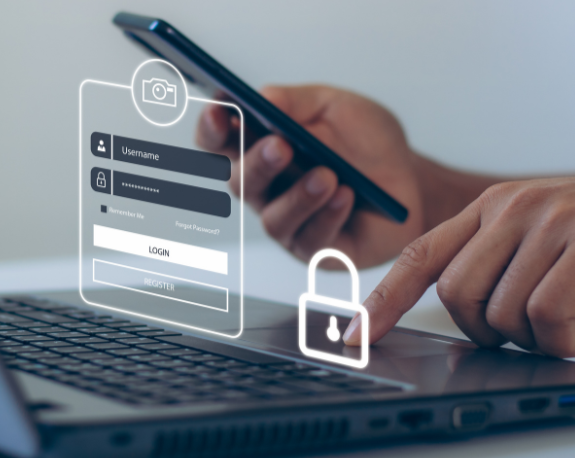What is the Dark Web?

The dark web is the deepest layer of the internet that isn’t visible to the average browser. Unfortunately, its name is a perfect description of its function, as the dark web is full of illegal activities and crimes. Let’s take a closer look at the dark web and how you can protect your information from being snared.
What is the dark web?
The internet has been compared to an iceberg, with very little being visible above the surface, but it’s an enormous, dark and deep chasm underneath.
There are three basic parts of the internet:
The surface web – all websites and landing pages that can easily be accessed through popular search engines and direct address entry using a web browser.
The deep web – this includes private, but not invisible accounts, like social media pages, membership websites, medical records and more. All content on the deep web is safeguarded by a paywall or sign-in credentials.
The dark web – can only be accessed by using special browsing software called Tor. Tor masks IP addresses and makes all visitors anonymous.
Not all activity happening on the dark web is illegal. The deepest part of the internet also provides a platform for communication and commerce for people living in countries that have heavy censorship of online activity.
Unfortunately, though, the dark web remains a hotbed of criminal activity. Loads of illegal trade takes place through the dark web, including drugs, firearms, counterfeit money, subscription credentials and personal information of thousands of targets. The inherent anonymity of the dark web allows hackers and scammers to roam free without fear of being caught.
How can I protect myself from the dark web?
Enable two-step authentication on all online accounts. This includes accounts with access to sensitive information, as well as accounts that can be used to collect innocuous but potentially identifying information, like social media accounts.
Consistently monitor your credit for fraudulent activity. Review your accounts at the end of each billing period and request an annual free credit report. Report any suspicious activity to your credit card company immediately. You can also ask the company to send you automatic alerts if there are any large purchases made or new accounts opened in your name.
Use strong, unique passwords for all your accounts. Vary your capitalization use, numbers, words and symbols. For optimal protection, switch up your passwords every few months.
Never share your personal information with an unverified source. This includes an email from a contact you’ve never engaged with before, phone calls from an unknown caller and a downloaded link from a banner ad.
Run a dark web scan on your devices. This will tell you if your information is already on the dark web. If the scan is positive, reach out to your credit card issuers to discuss placing a fraud alert on your accounts and a credit freeze in your name.

